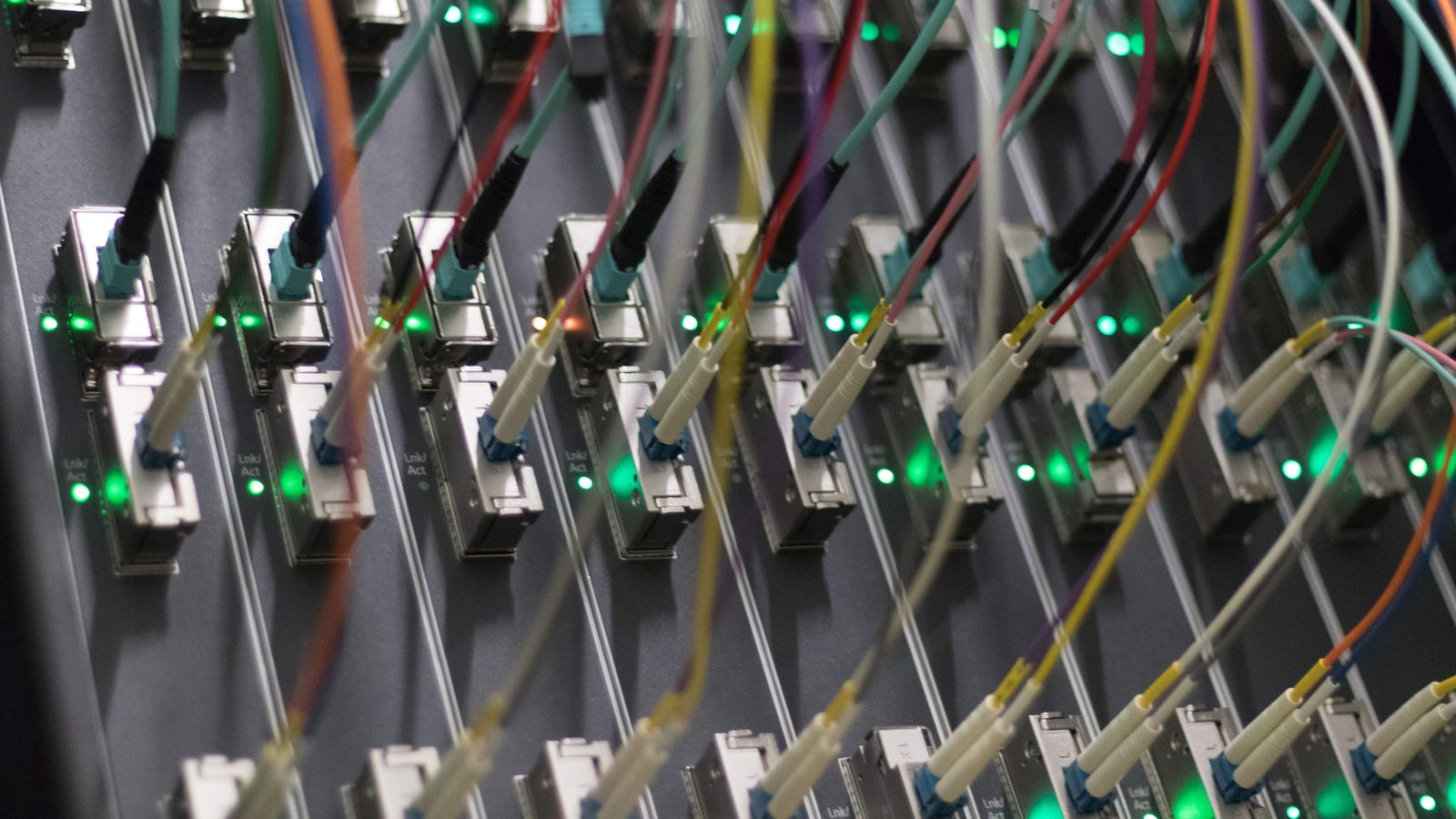
“Imagine being able to download every single movie and TV show on Netflix in less than a second,” writes Gizmodo:
Researchers at University College London have the ability to do that with a new world record they set for fastest internet — 178 terabits a second, or 178,000 Gbps. Lecturer and Royal Academy of Engineering Research Fellow Dr. Lidia Galdino and team collaborated with Xtera and KDDI Research on the project. According to UCL’s announcement, that speed is “double the capacity of any system currently deployed in the world.”
To get that insanely fast speed, UCL researchers used a greater range of wavelengths than what’s typically used in fiber-optic cables and different amplifier technologies to boost the signal. Fiber-optic cables tend to absorb signals (well, the photons that are transmitted through the cable to make the signal) after a few miles because of the material the cables are made out of. Repeaters, which are like a wifi extender, are needed to re-transmit those signals so they can travel for a longer distance. So what the researchers managed to do is not only extend the signal, but also massively amplify it… 5G on the high-band or millimeter wave spectrum operates on 24 GHz and above and can transmit data up to at rate of 1 to 3 Gbps. But the internet speed Dr. Galdino and team achieved uses a 16.8THz bandwidth to get 178,000Gbps. Makes 5G seem rather slow when you put those numbers side by side.
This kind of system would be cheap to integrate with our existing internet infrastructure, too. According to UCL, upgrading amplifiers at certain intervals would be a fraction of what it would cost to install new optical fiber cables, roughly $21,100 every 25-62 miles (40-100 km) versus $594,000 every 0.62 miles (1 km), based on today’s conversation rate of £1 to $1.32). This sounds like it could be a worthwhile solution to help shrink the digital divide, something that the current pandemic has further illustrated the seriousness of.
 !
!